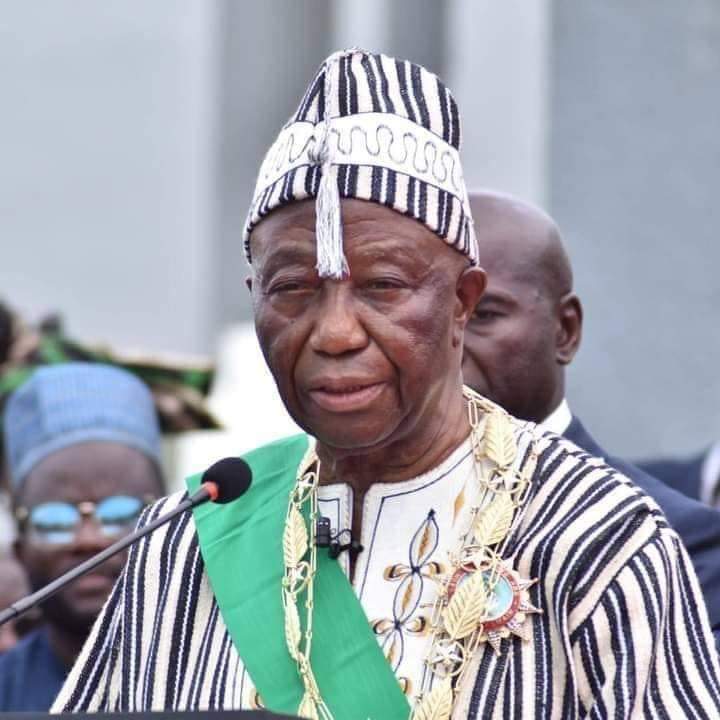The 1986 Liberian Constitution, adopted on January 6, replaced the 1847 Constitution that had been suspended after the 1980 coup. This modern constitution was crafted to guarantee the rights of all citizens, irrespective of race, gender, religion, or ethnic background. Its guiding principle aims to foster a democratic society that protects fundamental human rights, including liberty, life, property rights, and equal protection under the law. Notably, the Constitution prohibits slavery and forced labor and envisions a unitary state that encourages citizen engagement in governance. The President of Liberia serves as not only the Head of State but also the Head of Government and Commander-in-Chief, while ensuring periodic elections allow citizens the opportunity to choose their leaders, as outlined in the various chapters of the Constitution focusing on the structure of government, rights, and responsibilities of the Legislature, Executive, and Judiciary.
An essential provision of the Constitution is articulated in Article 56, which mandates elections for local government positions like Paramount, Clan, and Town Chiefs. These officials are elected for six-year terms and can only be removed by the President for proven misconduct. The ongoing issue of delayed chieftaincy elections, as highlighted by Nimba County’s Representative Nehker Gaye, exemplifies a significant failure to adhere to the constitutional framework designed to promote local leadership. Gaye’s assertion that the lack of elections since the end of Liberia’s civil conflicts—a situation lasting over two decades—constitutes a violation of the Constitution speaks to the urgency of restoring democratic governance. His emphasis on the importance of local elections as a pathway to legitimate authority reinforces the need for the National Legislature to prioritize this matter and take decisive action.
Liberia remains in a precarious state more than two decades after its civil war, with persistent challenges concerning governance and representation at the local level. The absence of elections for chieftaincy positions represents a significant gap in the democratic process, exacerbating feelings of disenfranchisement among citizens and undermining local governance structures. The fundamental role of traditional leadership, especially in a culturally rich nation like Liberia, cannot be understated. With families rooted in various localities, traditional authority figures serve as a bridge between communities and the national government. They play vital roles in maintaining order, resolving conflicts, and fostering community cohesion. Establishing elected chiefs would not only enhance legitimacy at the grassroots level but also support the national government in its broader governance objectives.
Research conducted by Prof. Tom Kaydor and his team—sponsored by UNDP—elucidated the breakdown of Liberia’s traditional systems of governance that historically contributed to peacebuilding within communities. The findings emphasized the critical need for reinvigorating these structures to facilitate tribal and cultural integration while mitigating conflicts. Community participation through elected chiefs is thus essential for nurturing peace and stability across Liberia. With local leadership elected by the community, the governance framework would reflect the needs and aspirations of the people, increasing the accountability of local authorities and strengthening the overall political fabric of the nation.
Following the upcoming national elections, there should be a concerted effort to address the longstanding issue of local governance structures mandated by the Constitution. The post-election environment presents an opportunity for the newly elected government to restore a properly functioning and representative system of local leadership. The benefits of holding these elections extend beyond mere compliance with constitutional provisions; they offer a chance to bridge the divide between citizens and their government, reaffirming the legitimacy of local governance and fostering a sense of ownership among communities. The National Legislature must ensure that the National Elections Commission is involved in planning and budgeting for local electoral processes, promoting transparency and effectiveness in nurturing democratic principles.
In conclusion, the resurgence of traditional leadership in post-conflict Liberia can no longer be postponed. The absence of properly elected chiefs undermines the governance framework enshrined in the 1986 Constitution, leading to crises of representation and accountability. Establishing an effective and legitimate local government structure through elections is imperative for sustaining national peace and fostering unity across diverse populations. As candidates prepare for national elections, it remains crucial for the government to prioritize local elections as a foundational step toward meaningful governance, promoting stability, and ensuring that the voices of all Liberians resonate within their democratic institutions. The restoration of democratic governance through the election of local authorities not only strengthens Liberia’s political landscape but also solidifies the foundations necessary for sustainable peace and development.


